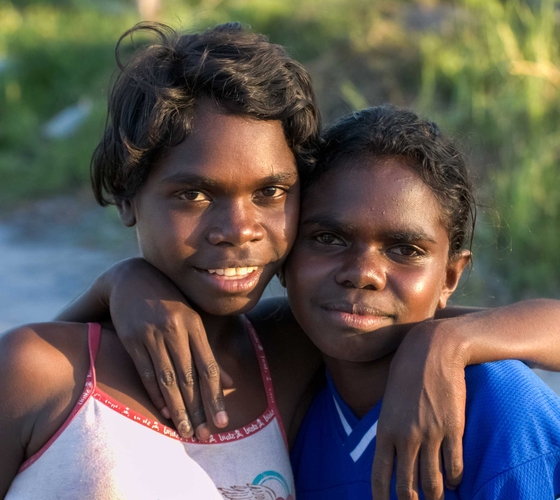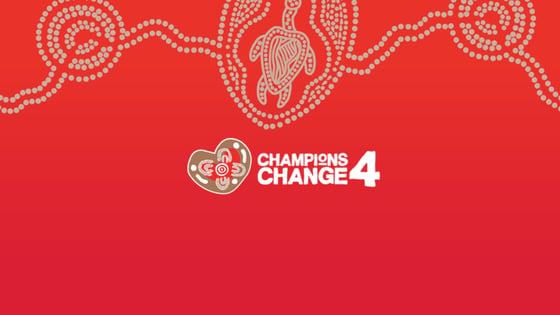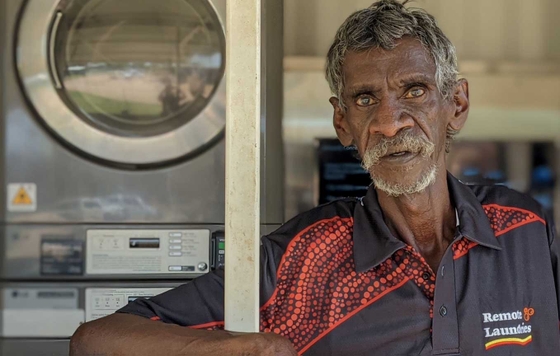
Q&A with Dr Ailin Lepletier
Preclinical evaluation of an immunotherapy-based strategy to prevent progression of rheumatic heart disease
Dr Ailin Lepletier is a research fellow at Griffith University’s Institute for Biomedicine and Glycomics, where she leads pioneering research on immunotherapies. Her research has a particular focus on the autoimmune complications of Streptococcus pyogenes infections, including rheumatic fever and rheumatic heart disease (RHD). She has also contributed to the development of vaccines to prevent these infections, which have now progressed into clinical trials.
Dr Lepletier has authored 40 scientific publications in influential journals and received prestigious awards from the Australian and New Zealand Society for Immunology and the European Society for Medical Oncology. She has secured $5.4 million in grant funding as chief investigator from organisations including the Heart Foundation, Leducq Foundation and Advance Queensland to support research aimed at reducing the burden of RHD in Australia and globally.
What are you currently researching?
Rheumatic fever is an autoimmune disease triggered by Streptococcus pyogenes infections, which can cause permanent heart damage (RHD). Monthly penicillin injections, for a minimum 10 years, remains the key strategy to prevent repeated infections that make the disease worse. However, this approach is painful, has poor adherence, and hasn’t changed in more than 75 years. Currently, there is no specific therapy to stop rheumatic fever from progressing to RHD nor is there a vaccine available to prevent S. pyogenes infections.
In our early laboratory research, we’ve shown that a naturally occurring molecule called interleukin-2 can ‘reset’ the immune system and stop heart inflammation when administrated at low dose (LD-IL-2). We are now studying its long-term effects and whether it can prevent further cardiac damage following recurrent S. pyogenes infections. With input from experienced clinicians our goal is to develop a treatment plan ready for clinical trials – a less painful and more convenient alternative to long-term penicillin injections.
What difference will your research make to people’s cardiovascular health in Australia?
RHD mainly affects First Nations peoples, particularly children and young people living in regional and remote areas. By 2031, the cost of managing rheumatic fever and RHD in Australia is projected to reach $344 million, largely due to surgery to replace damaged heart valves.
In addition to creating what we hope will be the world’s first vaccine for the prevention of diseases caused by S. pyogenes infection, we are challenging the longstanding reliance on penicillin injections as the sole strategy to halt RHD progression. Our approach focuses on developing a therapy that works with the body’s immune system. Subcutaneous injections with LD-IL-2 have already been proven safe and effective in treating other autoimmune diseases. If successful, this research could:
- spare young people from years of painful injections
- prevent the need for open-heart surgery
- help people live healthier lives free from RHD.
What motivated you to do your research?
In 2013, I moved to Australia to pursue my PhD in immunotherapy research, followed by five years of postdoctoral research developing treatments for melanoma. Since 2020, I’ve been at Griffith University, where I began applying my expertise to prevent RHD.
As a descendant of Indigenous Brazilians, I was deeply saddened to learn that RHD claims the lives of many First Nations children in Australia. Despite being the leading cause of acquired heart disease worldwide, there has been little progress in treatment for over a century. This inspired me to lead research that could finally change the outlook for young people at risk.
Are there any achievements or discoveries from the past year you can share with us?
Yes – two major milestones:
- Our preclinical study confirmed that LD-IL-2 therapy can prevent heart damage in an animal model of RHD. These findings, now published, have sparked strong interest from health care professionals and communities to move towards human trials.
- Our vaccine against S. pyogenes infections completed a human Phase 1 clinical trial earlier this year. Results from the trial are very encouraging with the vaccine demonstrating excellent safety and a specific immune response. Recently, I contributed to securing funding that will move the vaccine into the next stages, including a human challenge trial to test how well the vaccine prevents S. pyogenes pharyngitis, in collaboration with the Murdoch Children’s Research Institute, Melbourne, Australia.
What role has Heart Foundation funding had in your career journey?
Heart Foundation funding has supported my vaccine work and is helping advance my research into the first immunotherapy to stop RHD before it causes permanent damage.
This support enables us to:
- continue testing LD-IL-2 therapy
- fill critical knowledge gaps
- prepare for clinical trials.
Because this therapy is safe and can be taken at home, it could transform treatment for people living in regional and remote communities, where access to healthcare is limited. The Heart Foundation’s funding is not only supporting science but speeding up a future where young people no longer face this disease.
Do you have a message for Heart Foundation supporters?
I am deeply grateful for the generous support of the Heart Foundation’s donors. You are helping us develop new treatments for rheumatic fever, with the goal of ending RHD in Australia – a preventable condition that still damages young hearts. Your support not only gives hope to people affected by this devastating disease, it also allows me to keep pushing forward as a researcher, working to turn discoveries into life-saving therapies. Thank you for being part of this mission.
You might also be interested in...

Acute rheumatic fever (ARF) and rheumatic heart disease (RHD)
Rheumatic heart disease is a serious disease that causes damage to your heart valves.

Champions4Change
A national program that brings together people with the lived experience of acute rheumatic fever (ARF) and RHD.

Remote Laundries project
The Heart Foundation and Aboriginal Investment Group (AIG) have joined forces to enable people access to washing facilities, which helped reduce the spread of scabies infections by up to 60%.
Last updated09 January 2026
